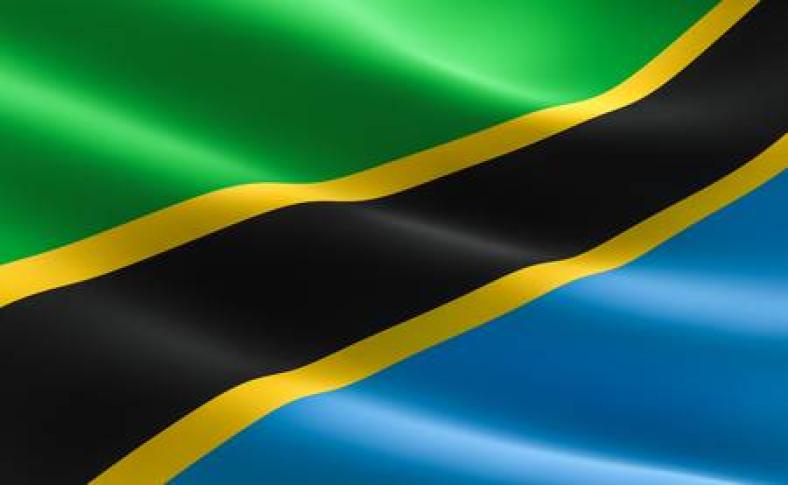
Since the first case of the coronavirus disease (Covid-19) was announced in Tanzania on March 16, 2020, the government has been in the spotlight for its handling of the pandemic. It has denied the severity of the pandemic, suspended media houses, and criminalised Covid-19 related speech through enactment and enforcement of repressive regulations.
In turn, there have been growing concerns that these measures are not only hurting the fight against the pandemic, but the wider enjoyment of civil liberties in the country, especially in the leadup to the October 28, 2020 general election.
Tanzania has been criticised for its lackluster response to the Covid-19 pandemic, with the World Health Organization (WHO) citing its lack of transparency. Further, a team of United Nations experts noted that the government was not meeting its commitments on information sharing and transparency, after it stopped releasing statistics on Covid-19 cases at the end of April.
At the end of March, Tanzania’s President, John Pombe Magufuli, is reported to have encouraged people to continue visiting places of worship, while comparing the virus to the Biblical Satan and saying that it “cannot survive in the body of Jesus Christ.”
President Magufuli also rejected the need to restrict movement of citizens, claiming stringent social isolation measures would severely damage the economy, and in June 2020, he declared the country virus-free, “thanks to God” and prayers by citizens.
In July 2020, the United Nation experts stated that Covid-19 had compounded the pre-existing human rights concerns in Tanzania, notably, the right to freedom of expression, including freedom to seek, receive and impart information.
Continue reading on the CIPESA website.